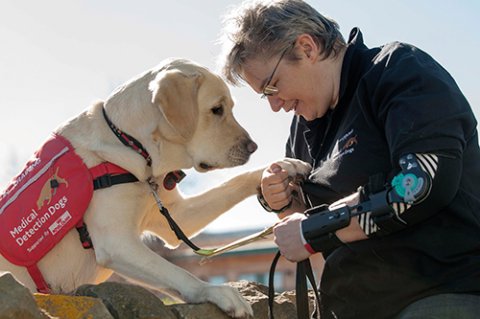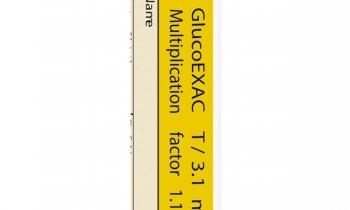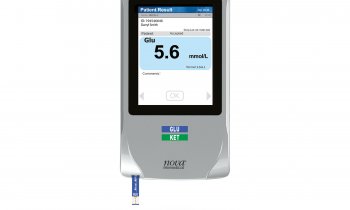Source: Pexels/Kat Jayne
News • Good boy, indeed
Diabetes: Dogs can help manage hypoglycaemic episodes
New research by the University of Bristol in collaboration with Medical Detection Dogs has found that the best trained alert dogs have the potential to vastly improve the quality of life of people living with Type 1 diabetes.
As reported in PLOS One, on average trained dogs alerted their owners to 83 per cent of hypoglycaemic episodes in over 4,000 hypo- and hyper-glycaemic episodes that were examined. A hypoglycaemic episode is where blood sugar drops dangerously low and if left untreated, can lead to unconsciousness or even death. The findings confirm that alert dogs can help Type 1 patients regulate their blood sugars in a non-invasive way and avoid the risks of hypoglycaemic episodes and hyperglycaemia.

Lead author Dr Nicola Rooney from the Bristol Veterinary School, said: "We already know from previous studies that patients’ quality of life is vastly improved by having a medical detection dog. However, to date, evidence has come from small scale studies. Our study provides the first large-scale evaluation of using medical detection dogs to detect hypoglycaemia."
In this study, researchers from Bristol, assessed the reliability of 27 trained glycaemia alert dogs, whose owners provided six to 12 weeks continual worth of blood records detailing every time the dog was alerted. Medical Detection Dogs train pet dogs to respond to respond to the odour of human disease and help owners live with life-threatening diseases. Familiar with their owners, dogs are conditioned to respond with alerting behaviours when their owners’ blood sugar levels fall outside a target range. Encouraged by the alerting behaviour of their pet dog, if such out-of-range (OOR) episodes occur, the patient can take appropriate action, usually by administering insulin or eating to retain the right glucose levels.
Recommended article

Video • Paradigm shift
Diabetes has 5 subtypes, not 2, study suggests
A completely new classification of diabetes which also predicts the risk of serious complications and provides treatment suggestions. The major difference from today’s classification is that type 2 diabetes actually consists of several subgroups, the results indicate. “This is the first step towards personalised treatment of diabetes”, says physician and diabetes expert Leif Groop.
Medical detection dogs primarily serve patients looking for more effective and independent ways of managing their condition
Claire Guest
Dr Rooney, Teaching Fellow in Animal Welfare and Behaviour, added: "Our research shows a dog's effectiveness is affected by the individual dog and its connection with its human partner. Since the usage of such dogs is growing, it's important that any dogs used for these purposes are professionally trained, matched and monitored by professional organisations like Medical Detection Dogs. It's also vital that research continues both to assess true efficacy and determine ways to optimise their performance."
Dr Claire Guest, Chief Executive and co-founder of Medical Detection Dogs, said: "The findings are fantastic news for all those who are living with Type 1 diabetes and other conditions. Medical detection dogs primarily serve patients looking for more effective and independent ways of managing their condition. Our dogs also serve the wider medical community by offering proactive solutions that are natural, non-invasive and have been shown to provide countless psychological benefits. As our natural companions, and with a highly refined sense of smell, why shouldn’t they be able to detect changes in our personal health?"
Source: University of Bristol
17.01.2019











